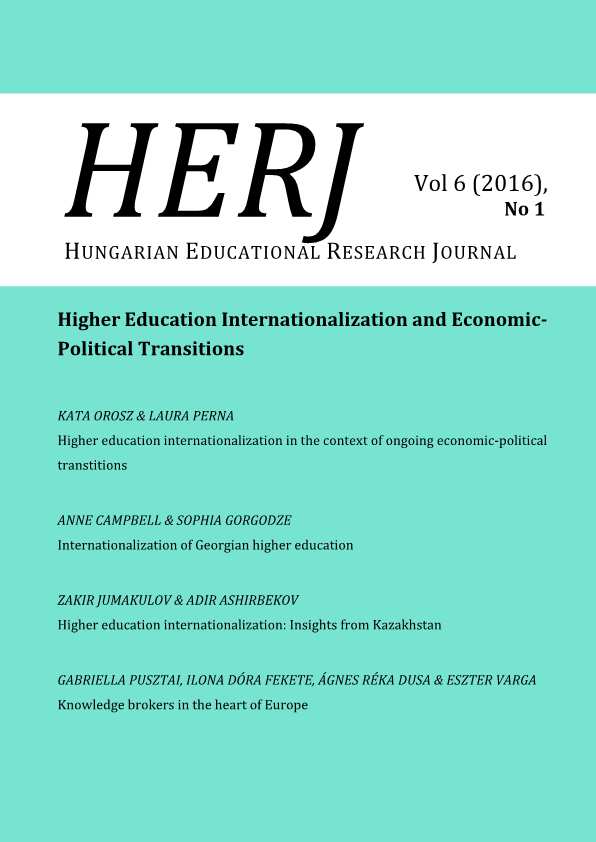The Rostock model – Design and Implementation of Complex Learning Units in Elementary Schools
The Rostock model – Design and Implementation of Complex Learning Units in Elementary Schools
Author(s): Ilona WeissenfelsSubject(s): Education
Published by: Hungarian Educational Research Association (HERA)
Keywords: primary school; science education; social learning; Rostock model; science thinking
Summary/Abstract: The Rostock Model is an international didactic programme whose development and testing took place at the University of Debrecen between 2004 and 2008, with the participation of the teaching staffs of the University of Debrecen and the University of Rostock. It is a methodological toolkit for designing and creating complex, often cross-disciplinary learning units. (Schneider, 2007; 2008a; 2008b; Weissenfels, 2015). The primary aim of the programme was to develop and investigate junior school childrens problem-solving thinking as well as to strengthen the social nature of learning. The study undertakes to demonstrate the theoretical concepts of the programme, namely: methods of placing learner activities in the focus and the didactic elements involved in them, conceptual approaches taking childrens thinking into consideration, the possibilities involved in improving capabilities development derived from the success of cooperative work, the main directions of the development of student self-appraisal and selfrecognition resulting from this programme, the shaping of the social background of learning with understanding and its factors. The publication is a qualitative analysis and evaluation of how the above theoretical aspects manifest itself in the practice of the didactic programme.
Journal: HERJ Hungarian Educational Research Journal
- Issue Year: 6/2016
- Issue No: 1
- Page Range: 81-92
- Page Count: 12
- Language: English

